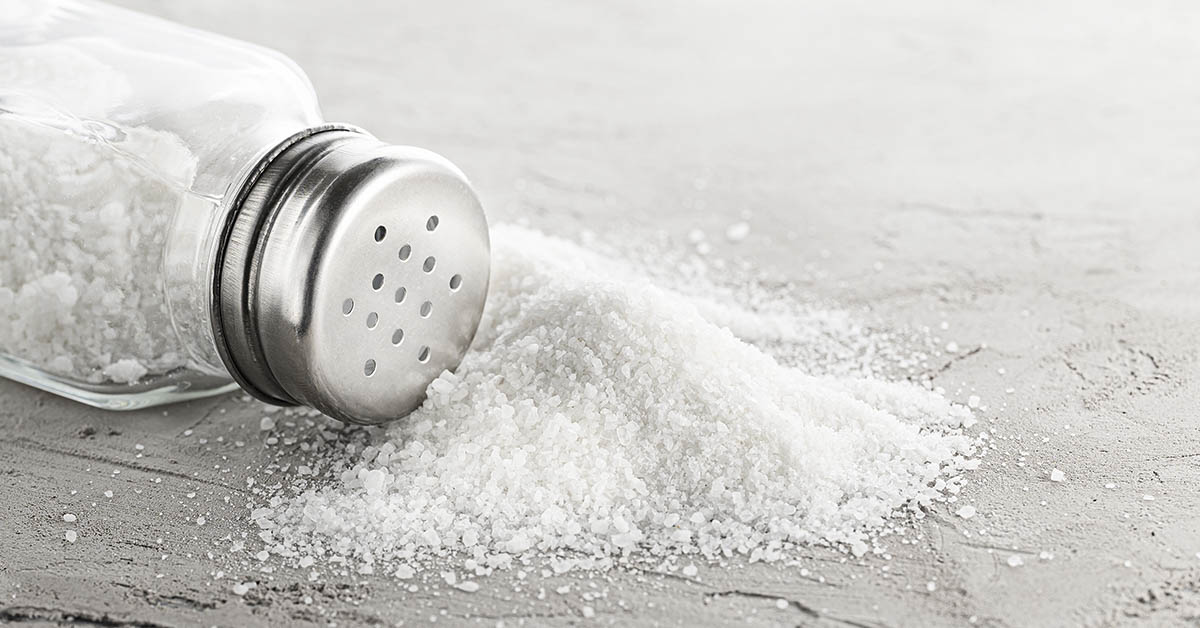If you’ve ever known someone who has had kidney stones, or if you have been unfortunate enough to have them yourself, you will know how awful they can be. Passing them is very painful and can sometimes even require medical attention. Thankfully, there are foods that are known to both trigger kidney stone formation and those that help to prevent them. If you are someone who is prone to these small deposits or they run in your family, you will want to be mindful of this list.
What Are Kidney Stones?
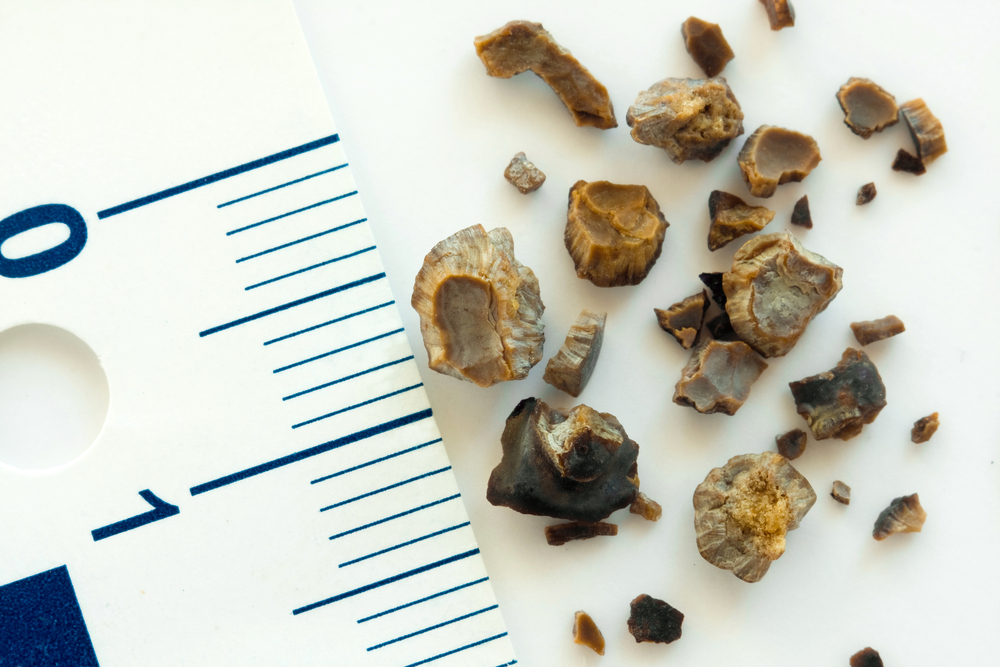
Kidney stones are hard, crystalline mineral deposits that form in the kidneys when calcium, oxalate, and uric acid become too highly concentrated in the urine and crystallize. These stones can vary in size and often cause intense pain, especially if they obstruct the urinary tract. Kidney stones most commonly affect adults between the ages of 20 and 50, with a higher risk for those who have a family history of them. Other factors that may trigger them are dehydration, certain dietary habits, obesity, or underlying medical conditions such as gout or urinary tract infections. Small stones usually pass naturally through the urinary tract with increased fluid intake and pain management. Larger stones, however, may require medical interventions such as extracorporeal shock wave lithotripsy (ESWL), ureteroscopy, or in rare cases, surgery, to remove the stones or break them into passable fragments. Preventative measures, including dietary modifications and proper hydration, are key to reduce kidney stone recurrence.
10 Foods That Can Trigger Kidney Stones
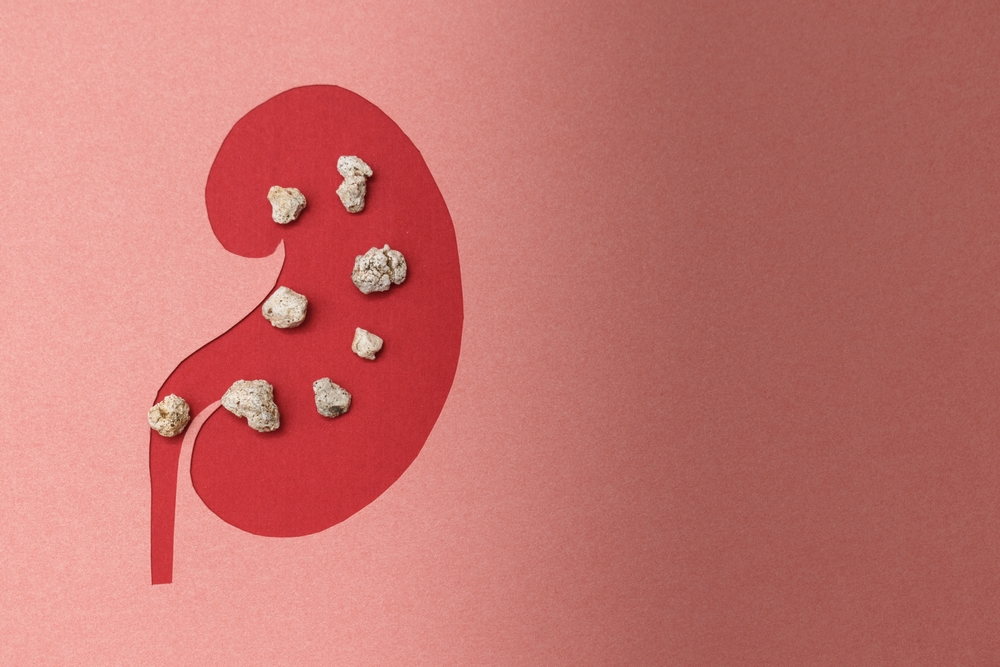
So as we now know, kidney stones form when substances like calcium, oxalate, and uric acid concentrate in the urine and crystallize. It is only natural that certain foods that are high in some of these substances themselves can increase the risk of developing kidney stone formation, raising the risk of stone formation. This is especially for those prone to calcium oxalate or uric acid stones. If you have kidney stones in your family or are prone to them yourself, you will want to be mindful of your consumption of the following foods. It does not mean that you cannot eat them at all, but rather that you be mindful of your consumption and avoid eating them in large quantities or very often.
1. Spinach
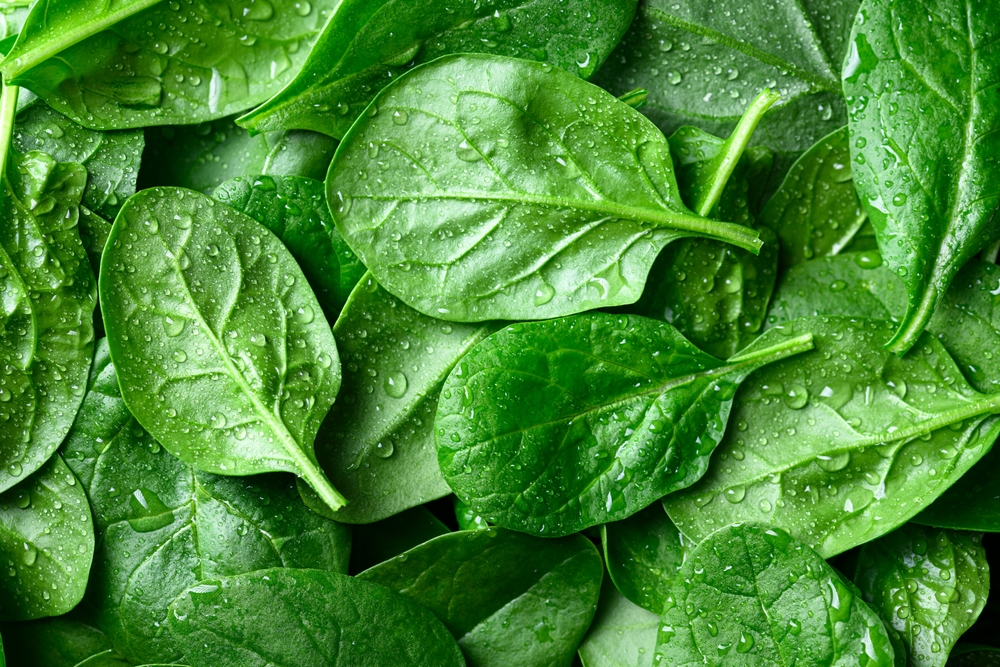
Spinach seems to be everyone’s favorite leafy green. It’s been touted as a “super food” for years and gets added to many different dishes. While it is incredibly good for you, spinach is also quite high in oxalates. Oxalates bind with calcium to form calcium oxalate stones, which are the most common form of kidney stones.
2. Beets
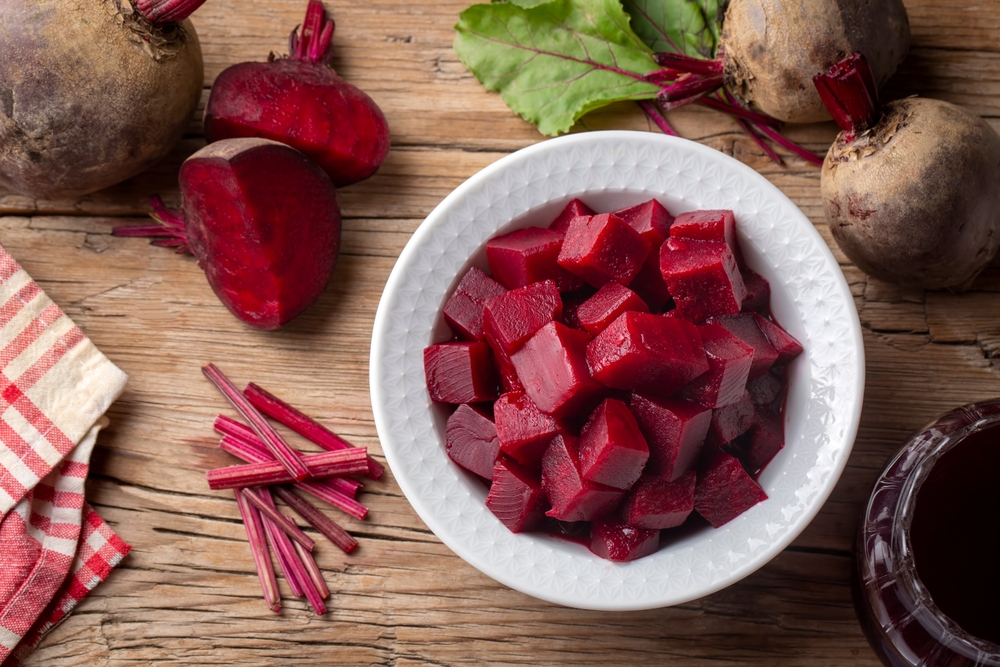
Beets are another incredibly nutritious though often quite polarizing root vegetable. People tend to either love beets or absolutely hate them (even pickled ones). While they are full of powerful antioxidants and boosting nitrates, they contain a significant amount of oxalates, as well. Eating too much of them can increase oxalate levels in the urine and promote kidney stone formation.
3. Rhubarb
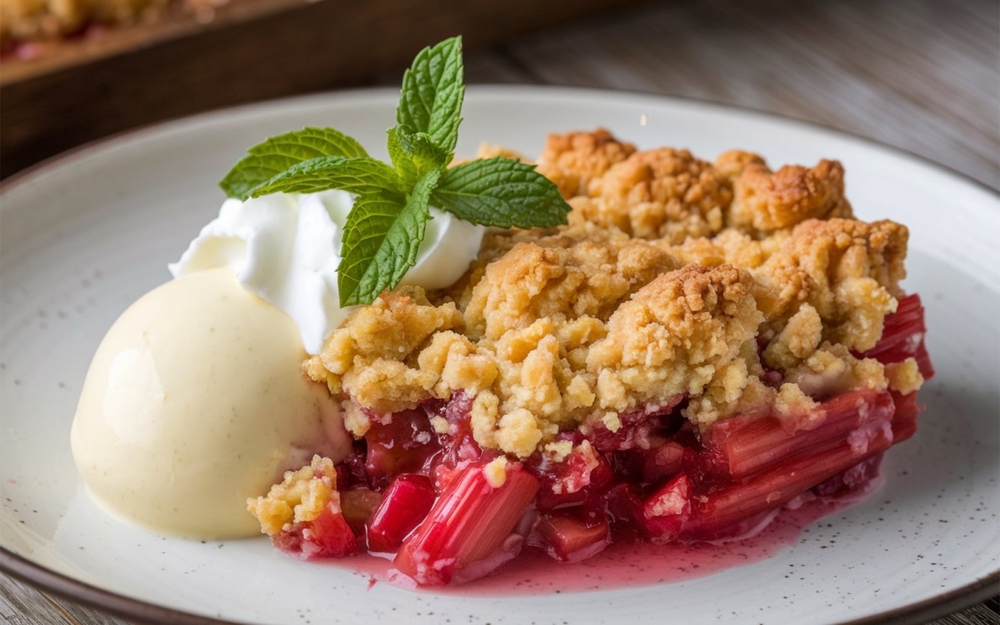
Rhubarb is a plant that, generally, you will only see in desserts like pies or crips, or sometimes in jams and other confectionaries. It is high in oxalate content and if consumed too much, can trigger kidney stone formation. Thankfully, you shouldn’t be overindulging in the generally high-sugar and high-fat desserts that it is found in, so in this instance you probably don’t have to be too concerned.
4. Nuts (Almonds, Cashews, Peanuts)
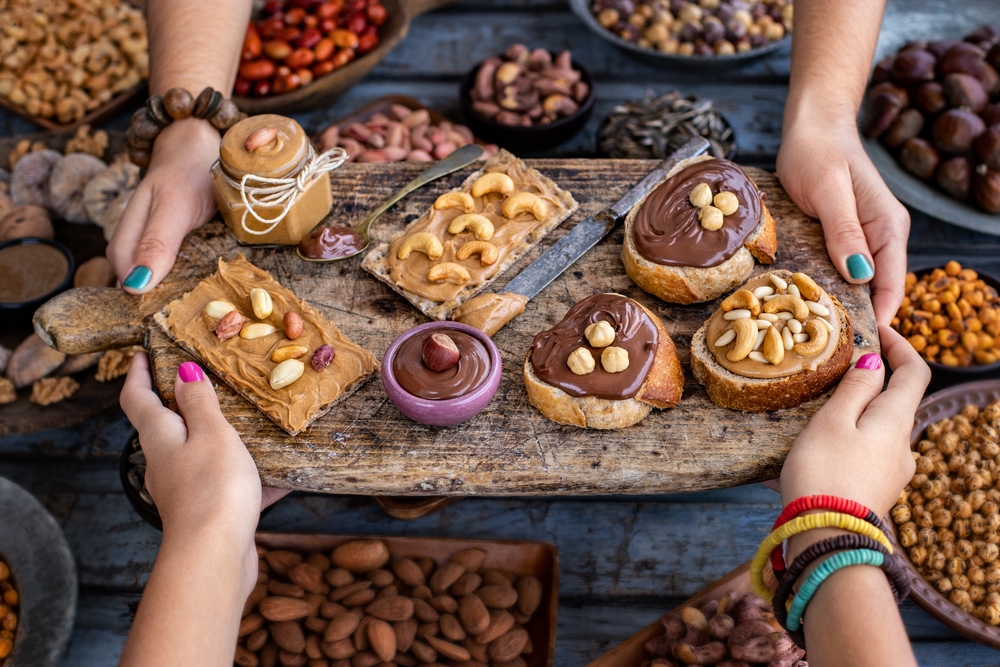
For the trail mix lovers out there, this is a tough one. Nuts are an amazing food, with so many healthy fats and other nutrients that are known to improve health and fight against disease. Unfortunately, nuts are also rich in oxalates. Eating these too often can elevate urinary oxalate concentration and lead to stones. If you are prone to kidney stones, we suggest being mindful of your nut and nut-butter consumption.
5. Chocolate and Cocoa
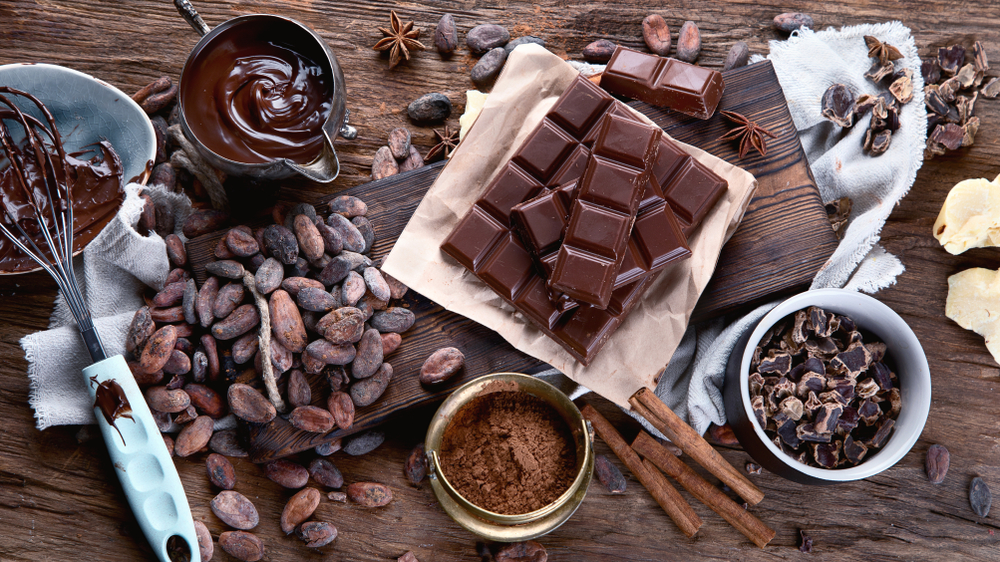
A blow for the chocolate lovers out there. While dark chocolate has so many wonderful benefits, it also contains oxalates. Most chocolates also contain sugar, which can contribute to kidney stone risk factors like obesity, insulin resistance, and diabetes.
6. Red Meat
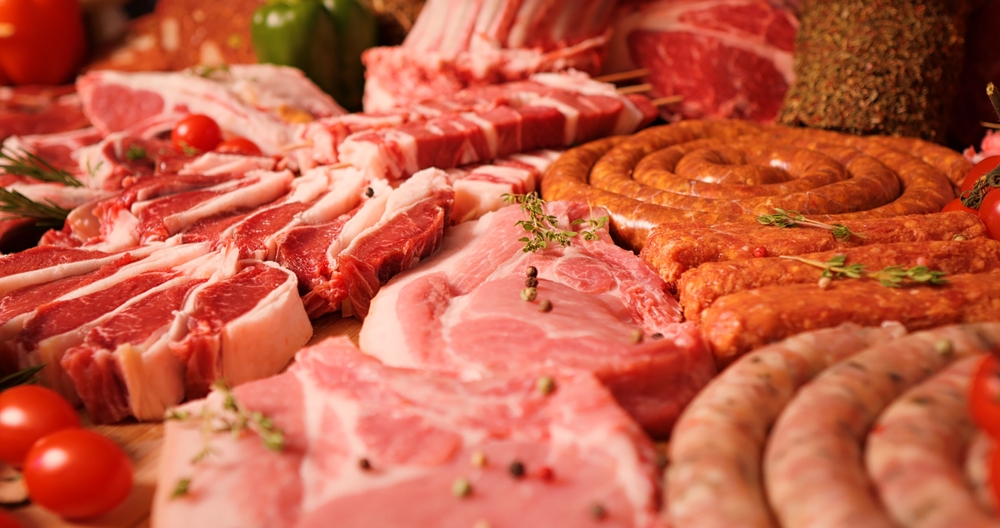
We already know that red meat should be consumed in moderation for the betterment of our health. Eating it too often and in large portions can lead to the development of heart disease, and is linked to many other diseases and illnesses, as well. Red meat is also high in purines. These are substances that break down into uric acid, which can form uric acid stones.
7. Shellfish
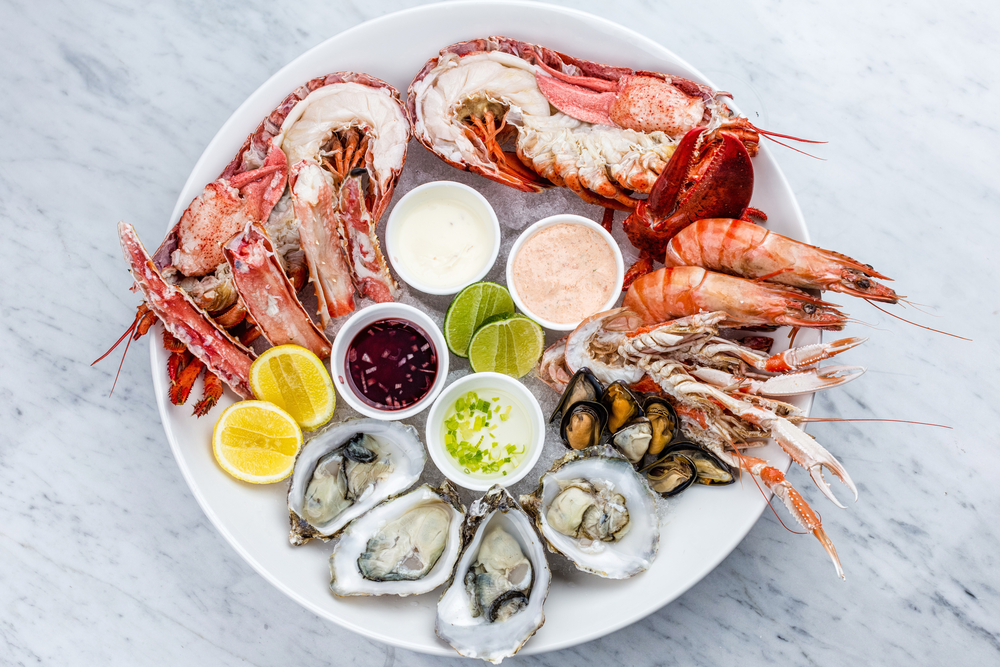
Shellfish can be a fantastic treat when you are in a place next to the sea that’s serving up fresh, wonderful seafood. For people who are prone to kidney stones, they should probably keep shellfish consumption to just that: The occasional treat. Like red meat, shellfish also contain high purine levels, contributing to uric acid kidney stones.
8. Salt (Sodium)
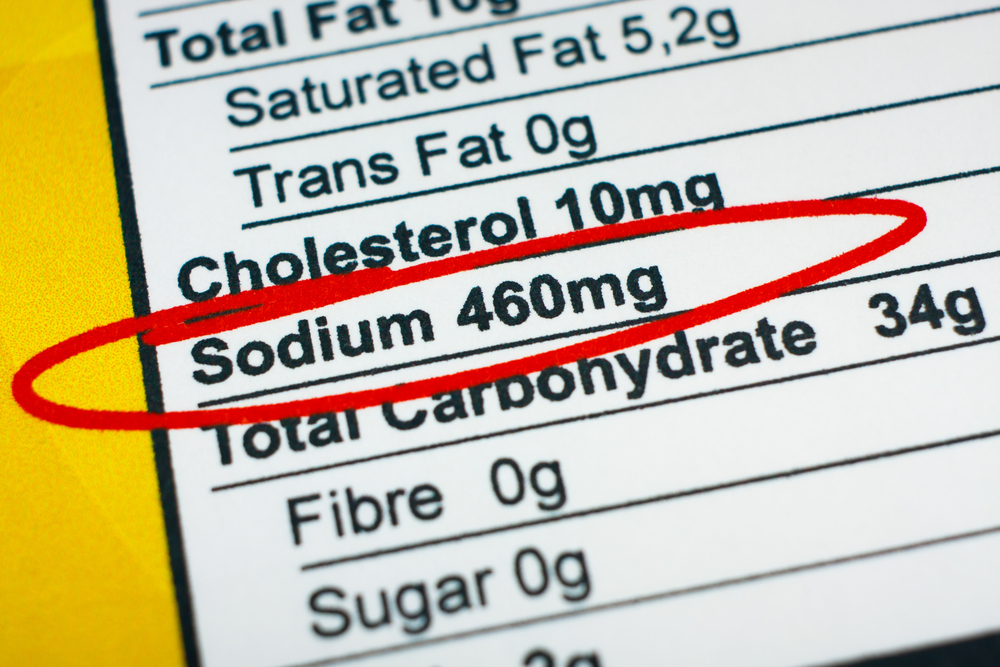
If you need yet another nudge to be mindful of your sodium intake, let it be this one. Excessive salt intake increases calcium excretion in urine, which can combine with oxalate and form stones. Don’t worry so much about the salt shaker on the kitchen table. Rather, you should be drastically limiting the amount of pre-packaged, processed foods you eat. You should also be wary of how often you are eating out at restaurants, who tend to use more salt than you would cooking at home.
9. Soda (especially colas)
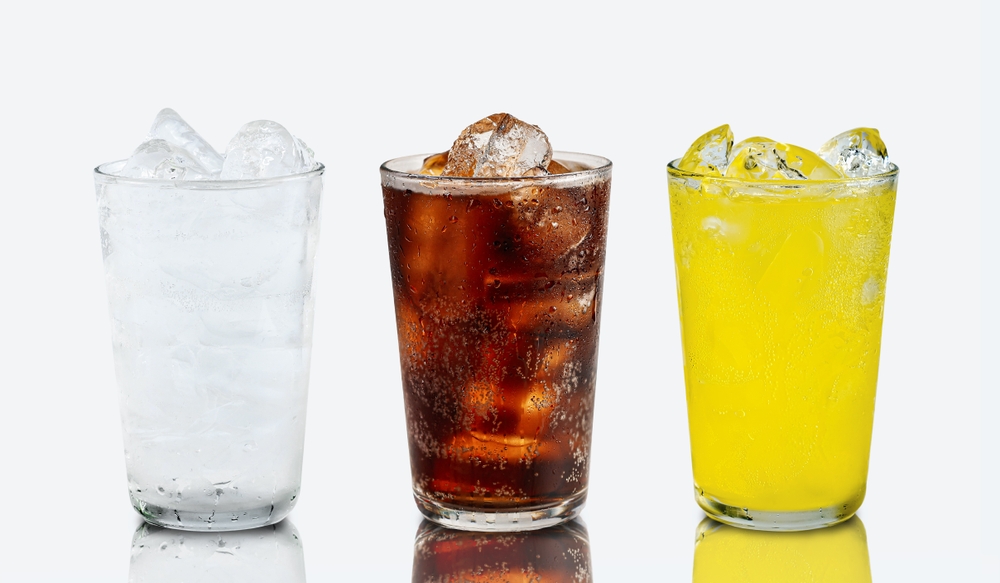
Soda is not good for you – full stop. Whether it’s regular soda, diet soda, zero-sugar sodas, it is not something that truthfully has any place in your diet. Sodas often have phosphoric acid, which may promote stone formation by altering the composition of your urine.
10. Vitamin C Supplements (high doses)
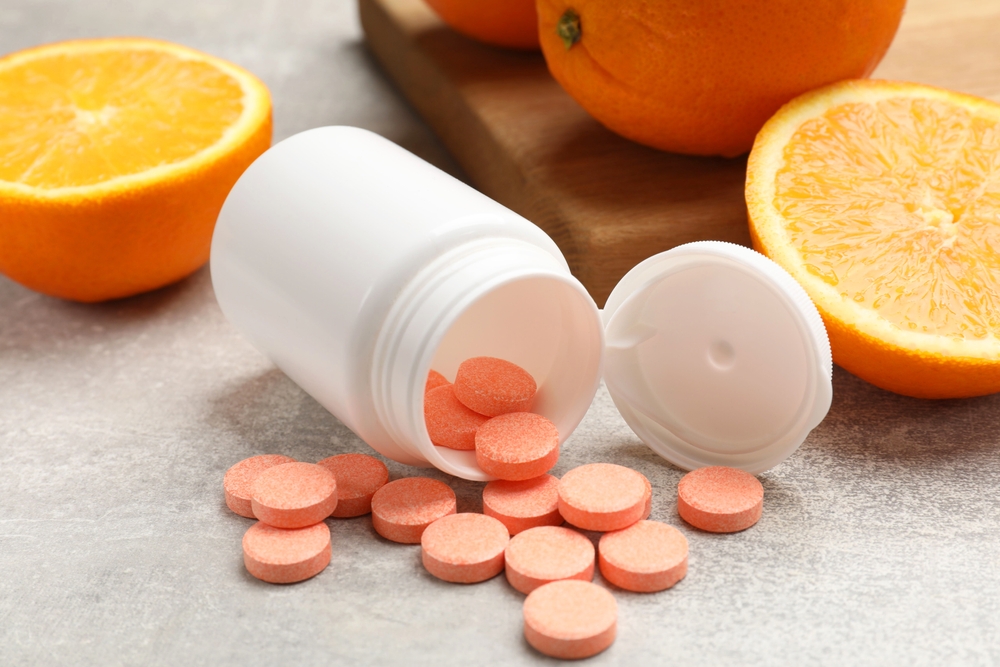
Vitamin C supplements are good for you, right? You just pee out the amount your body doesn’t use? Yes, that’s exactly the problem. Many vitamin C supplements come in high concentrations that, on top of your regular diet, mean that you are consuming quite a lot of vitamin C. Large amounts of this vitamin can convert to oxalate in the body, potentially increasing kidney stone risk. The reality is, if you are consuming the recommended amount of fruits and vegetables every day, you don’t need to supplement.
10 Foods That Help Prevent Kidney Stones
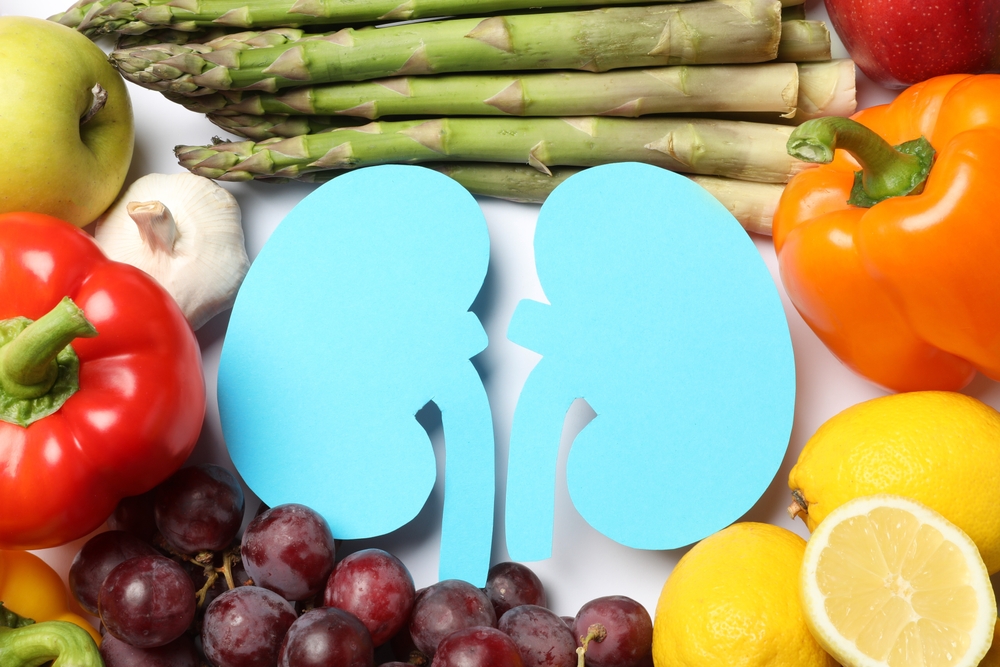
While there are foods that may trigger kidney stone production, there are others that actually help to reduce the risk. They do this by diluting stone-forming substances, lowering oxalate absorption, and balancing your mineral intake. If you are going to eat one of the foods from the list above, consider pairing it with one or two of the foods on the following list to reduce your risk of developing stones.
1. Water

Drinking plenty of water is the most effective way to prevent stones. It dilutes the urine and reduces the concentration of stone-forming minerals. If you are going to eat any of the foods from the list above, make sure you are well hydrated and that you continue to hydrate after eating them. If you know you are dehydrated, consider avoiding the trigger foods until you have rehydrated yourself.
2. Citrus Fruits (Lemons, Limes, Oranges)
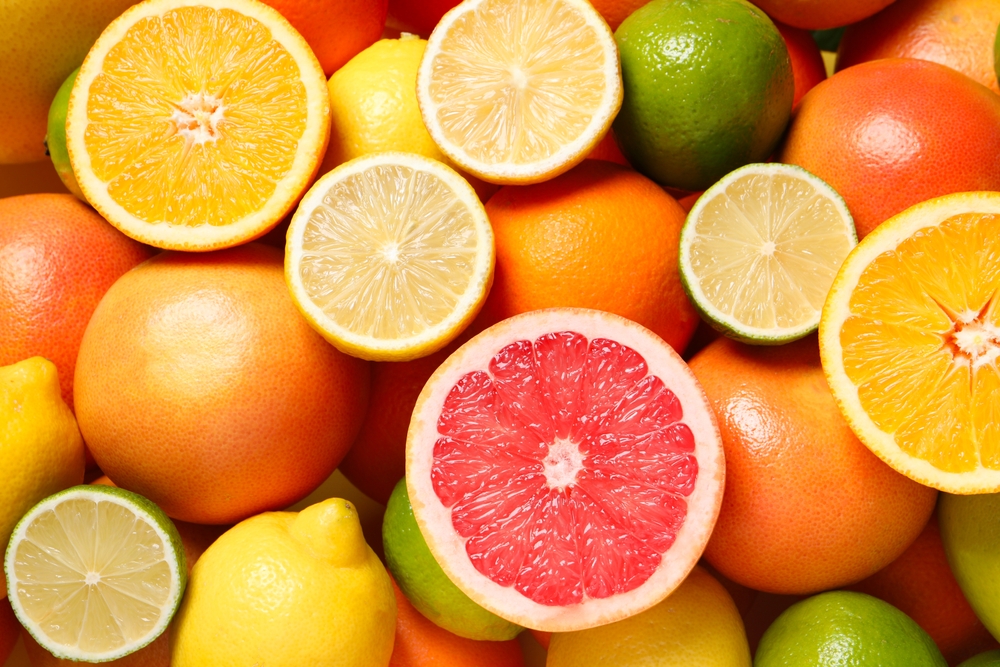
Citrus fruits like lemons, limes, and oranges are great for preventing kidney stones. These fruits are rich in citrate, which binds calcium and helps to prevent the stones from forming. Want a one-two kidney stone preventing punch? Put lime or lemon in your water for a tasty, hydrating, kidney stone preventing drink.
3. Bananas
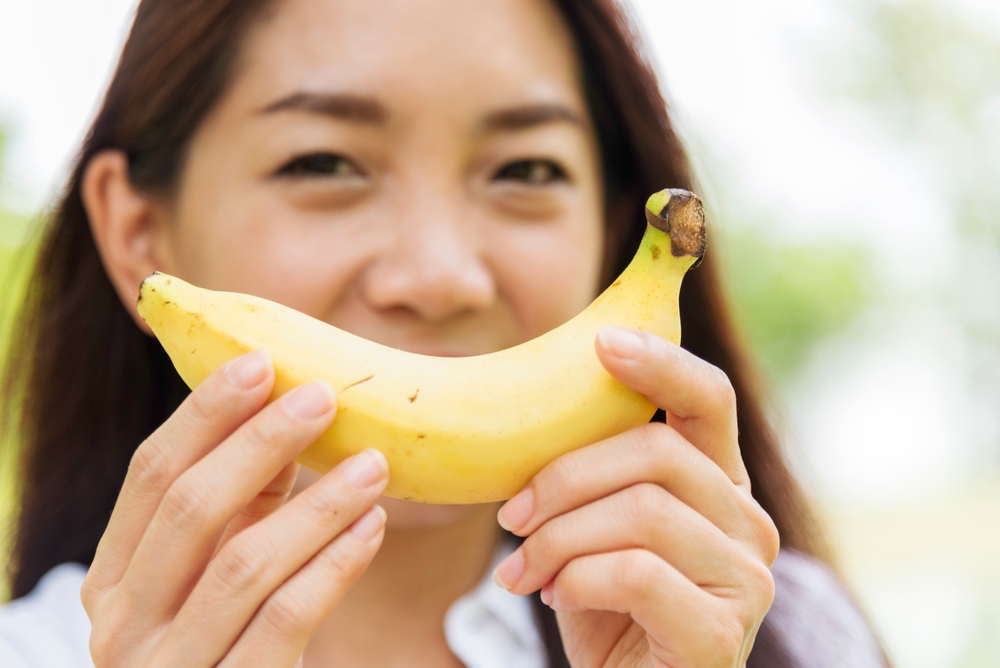
Bananas are high in potassium and low in oxalates. For this reason, they help to balance the minerals in the urine and reduce stone risk. When purchasing bananas, do your best to purchase organic whenever possible.
4. Calcium-Rich Foods (Yogurt, Milk)
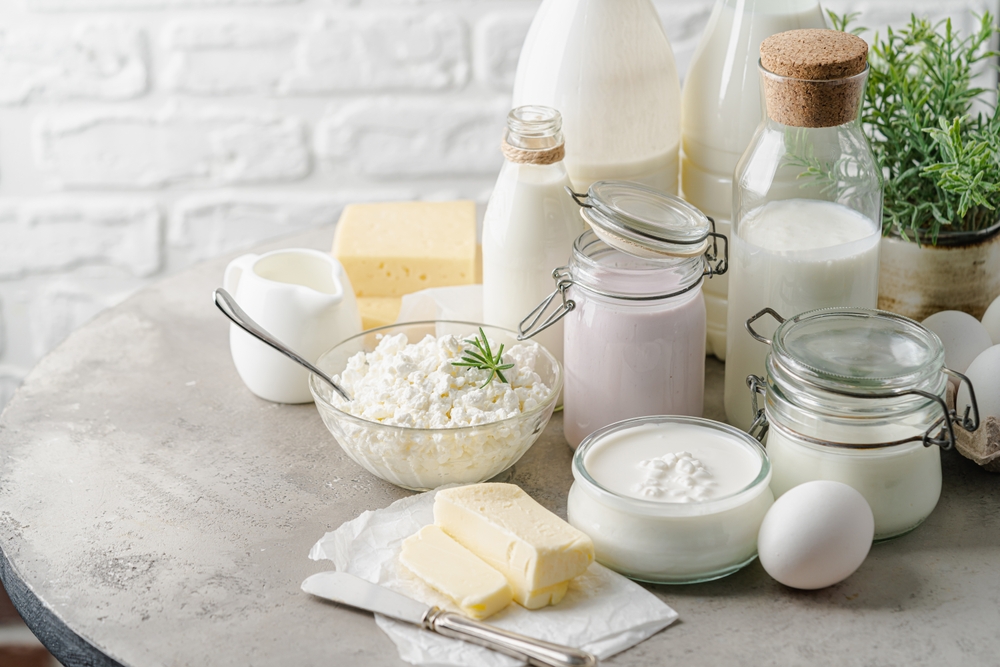
Foods that are high in calcium, like milk, yogurt, or kefir, are great for preventing kidney stones. Dietary calcium binds to oxalate in the gut, reducing the amount of oxalate that you actually absorb and preventing stone formation. When it comes to dairy products, always look for no added sugar varieties.
5. Basil
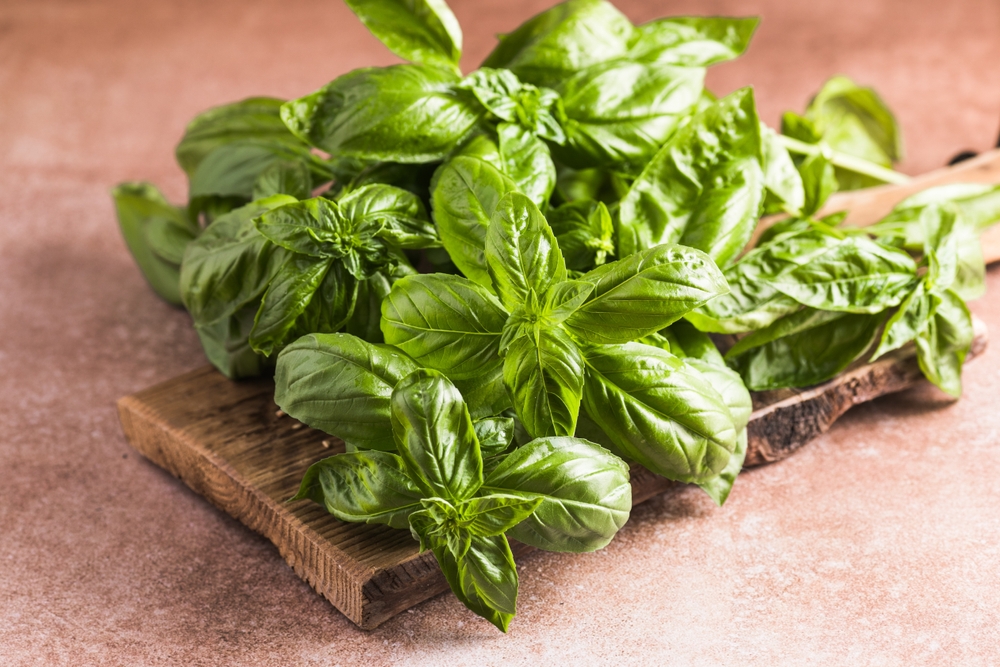
It adds plenty of flavor to many of your favorite foods, and basil also contains plenty of antioxidants and acetic acid. Both of these substances have been traditionally used to support kidney function and may help to prevent stones.
6. Whole Grains (Brown Rice, Barley)
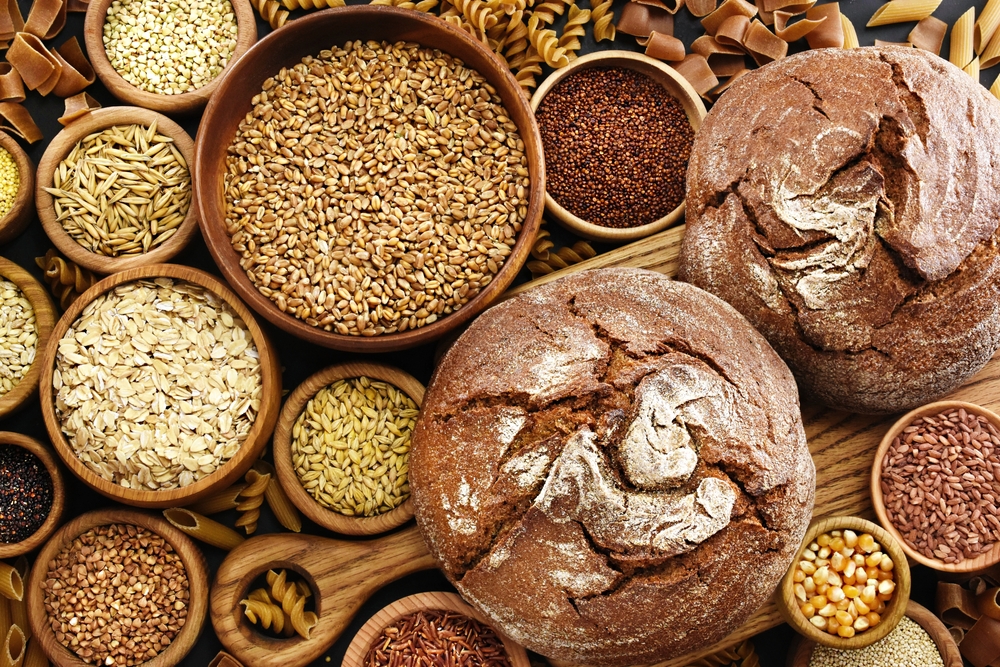
Whole grain, non-industrial bread, brown rice, barley – the list goes on. Whole grains may help to lower uric acid levels, therefore reducing the risk of uric acid stones. When buying bread, skip the processed industrial bread in the grocery store that’s full of salt, sugar, and other additives. Buy sourdough from a local bakery or even take a stab at making your own whole grain bread at home.
7. Cucumbers
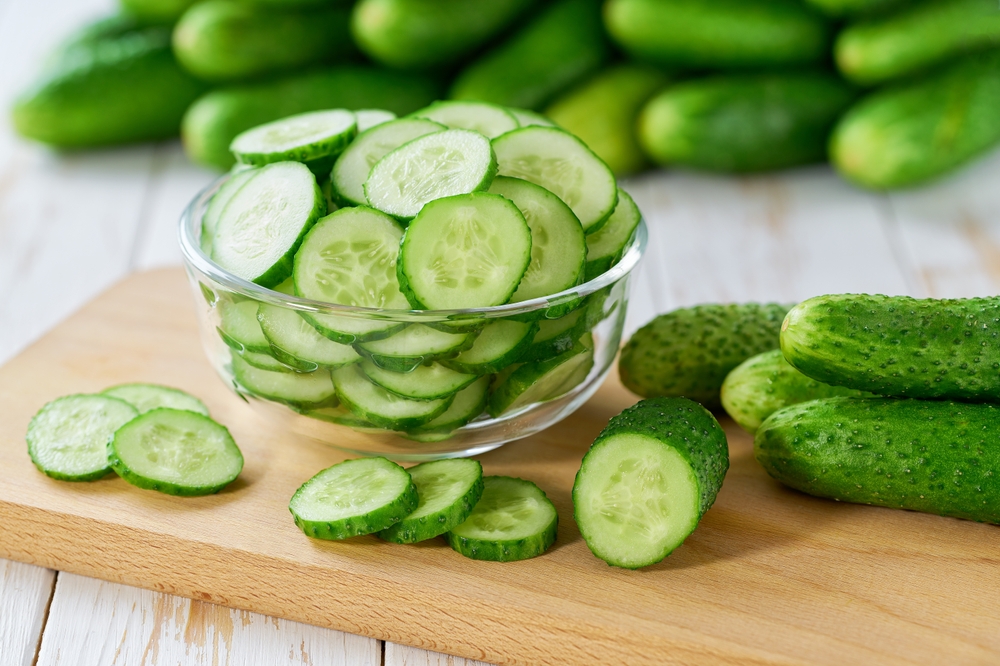
Cucumbers are wonderfully hydrating and low in oxalates. They help to flush the kidneys and dilute the urine. Add them to plain yogurt with some garlic for a tasty tzatziki-like dip, slice them onto salads or sandwiches, or even add them to that lemon water suggested above.
8. Watermelon
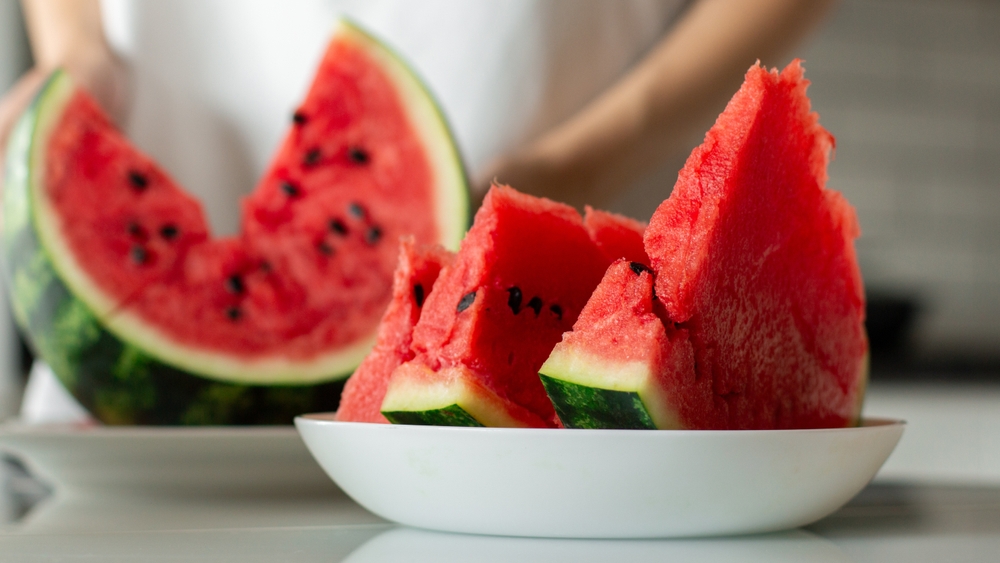
Everyone’s favorite summer fruit just got even better. Watermelon, as the name suggests, is high in water content. It also contains quite a lot of potassium. This means that it helps to keep the urine diluted and the minerals in the urine in balance, supporting kidney health and preventing stones.
9. Apples
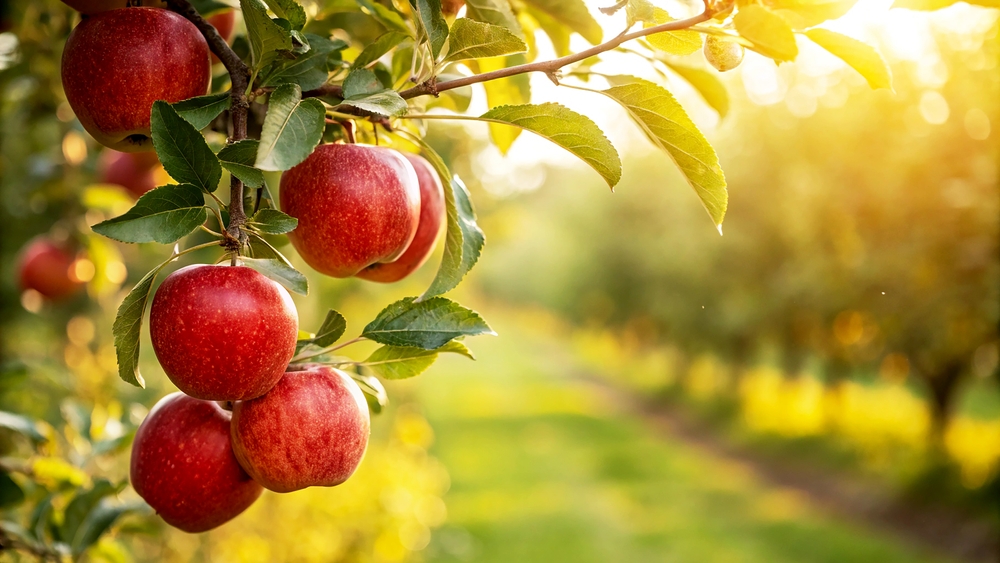
Is there anything better than a fresh, crisp apple? Apples have anti-inflammatory properties and are low in oxalates. This makes them a safe option for kidney stone-prone people and may contribute to prevention. If you live near an apple orchard, consider going to pick them yourself. It is a fun activity with a tasty, kidney stone-preventing treat at the end.
10. Leafy Greens (except high oxalate ones like spinach)
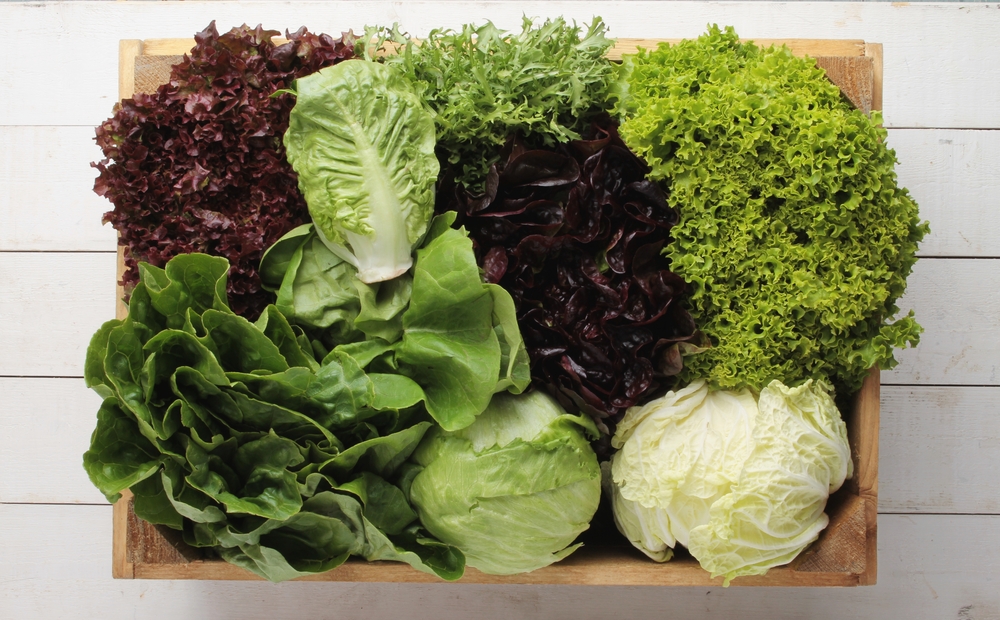
While spinach may be high in oxalates, many other leafy greens are not. In fact, there are several that are low in oxalates and can provide beneficial nutrients without increasing stone formation risk. Most traditional leaf lettuces are full of nutrients and also have a high water content, making them a healthy, powerful tool against kidney stones. This also includes cruciferous vegetables, such as Brussels sprouts, broccoli, and kale, which are rich in potassium and help to decrease calcium loss, therefore helping to prevent kidney stones.
The Bottom Line
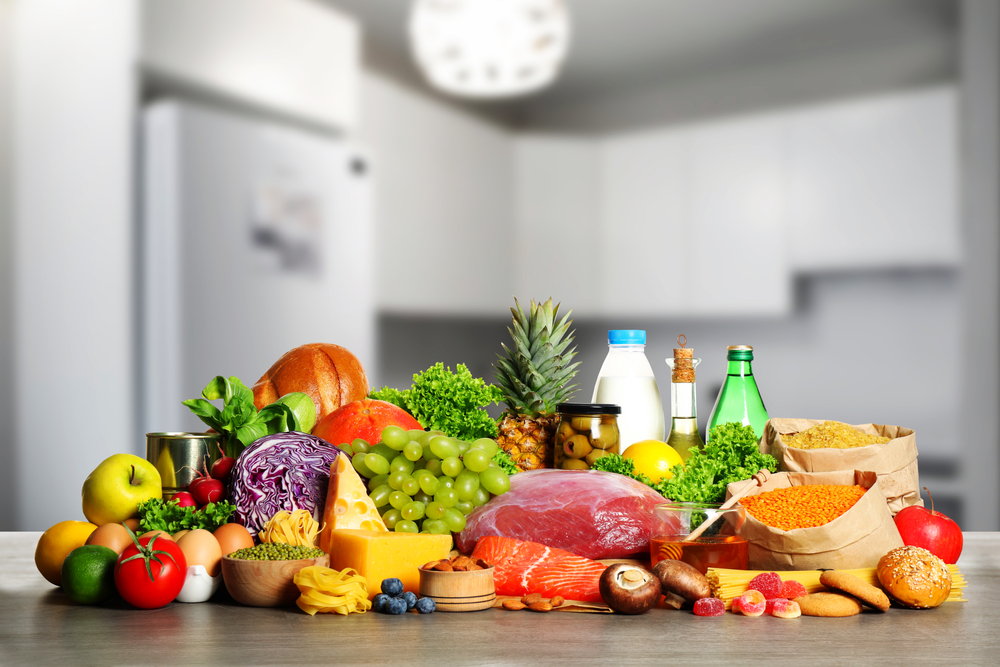
The reality of preventing kidney stones for most people is simple: Eat a healthy, balanced diet rich in fruits, vegetables, and whole grains. If you eat meat, stick to poultry and fish most of the time, keeping red meat to a minimum. Avoid processed foods and those that are high in sugar, salt, and fat. Drink plenty of water to stay hydrated. For those who are prone to kidney stones or have a family history of them, being a bit more conscious of when and how much high-oxalate and high-purine foods will go a long way. If you do choose to have these foods, pair them with other foods that will balance them out, as well as plenty of water. Always speak with your healthcare provider or a dietitian for personalized advice tailored to your specific risk levels and health needs.
Disclaimer: This information is not intended to be a substitute for professional medical advice, diagnosis or treatment and is for information only. Always seek the advice of your physician or another qualified health provider with any questions about your medical condition and/or current medication. Do not disregard professional medical advice or delay seeking advice or treatment because of something you have read here.
Read More: What Are Staghorn Kidney Stones? (Symptoms, Causes, and Treatment)
